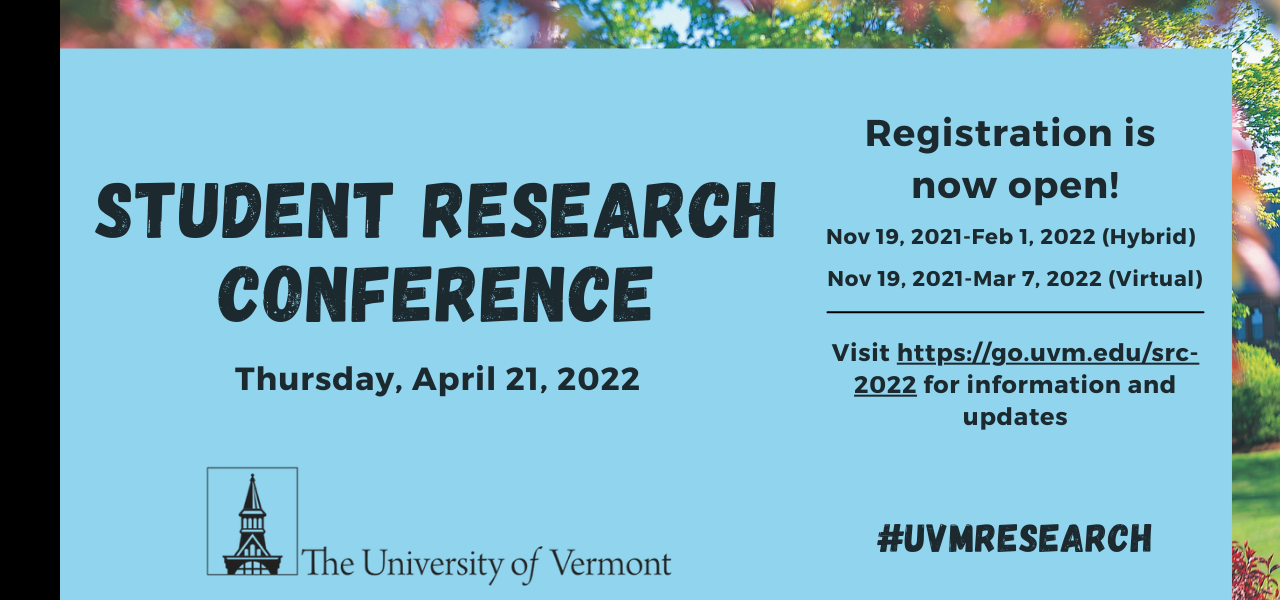Regional Differences in Food-Based Social Cohesion During the First Year of the COVID-19 Pandemic
Conference Year
January 2022
Abstract
The COVID-19 pandemic has caused a substantial increase in mental and physical health issues, food security, unemployment, and housing stability in all areas across the country. This research will explore if there is a correlation between the level of perceived social cohesion in a community during COVID-19 and the level of food insecurity in New Mexico, Illinois and Vermont. This research will compare data from all three states and focus on BIPOC households. This thesis uses data from a survey sent out by a research team called the National Food Access and COVID research Team (NFACT).
Primary Faculty Mentor Name
Farryl Bertmann
Status
Undergraduate
Student College
College of Agriculture and Life Sciences
Program/Major
Nutrition and Food Sciences
Second Program/Major
Public Communication
Primary Research Category
Food & Environment Studies
Secondary Research Category
Social Sciences
Regional Differences in Food-Based Social Cohesion During the First Year of the COVID-19 Pandemic
The COVID-19 pandemic has caused a substantial increase in mental and physical health issues, food security, unemployment, and housing stability in all areas across the country. This research will explore if there is a correlation between the level of perceived social cohesion in a community during COVID-19 and the level of food insecurity in New Mexico, Illinois and Vermont. This research will compare data from all three states and focus on BIPOC households. This thesis uses data from a survey sent out by a research team called the National Food Access and COVID research Team (NFACT).


